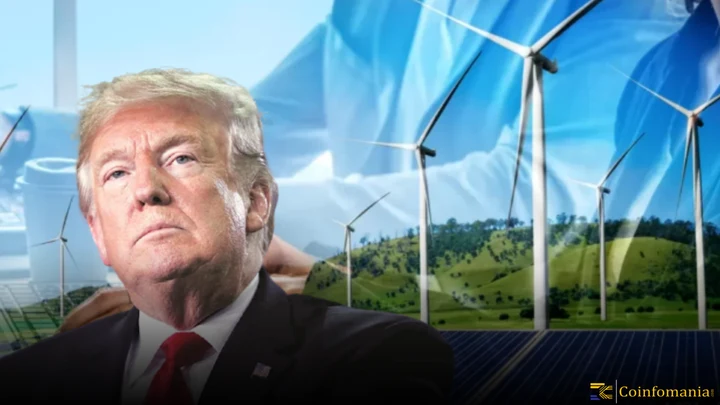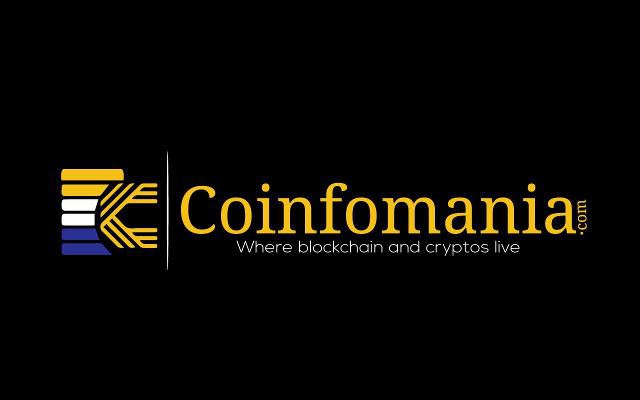Renewable Energy Finds Support Among Republicans, Affecting Trump Administration Budget
0
0

A June 18 Reuters report has highlighted clean energy investments in Republican-led Utah regions. PanelClaw’s solar racking factories produce millions of components for solar panel systems. These sites were built to benefit from IRA tax credits starting in 2023. Utah has captured 75% of the manufacturing growth in renewable energy production. Former President Trump’s new One Big Beautiful Bill would end those incentives by 2028. That proposal has sparked conflict within Trump’s government in Washington. Local officials view these factories as major economic boosters for their communities.
Internal Division Over Clean Energy Tax Credits
PanelClaw CEO Costa Nicolaou warned that removing tax credits could force factory closures. “We could essentially shut them down if the market goes away,” he said. Utah Senators Mike Lee and John Curtis hold opposing views on this change. Lee argues that cutting credits could save $1 trillion over the coming years. Curtis warned that repealing incentives would harm Utah’s local economy badly. “We must take a reasonable, responsible approach to energy tax credits,” Curtis said. The policy debate has split Utah’s elected representatives along economic lines.
Other Republican senators have voiced opposition to ending renewable energy tax incentives. Lisa Murkowski, Thom Tillis, and Jerry Moran joined that public resistance. Projects like rPlus Energies’ $1.1 billion solar-plus-storage development face rising uncertainty. “This is a great project,” said CEO Luigi Resta about Emery County. He called the development a clear example of IRA benefits across party lines. The debate highlights how local economies rely on federal tax support heavily. This conflict may influence clean energy investment decisions in other regions.
Local Businesses and Communities Rely on Energy Incentives
Small firms like Alpenglow Solar also face an uncertain future in Utah. “This topic crosses party lines,” said technical sales director Tom Mills. Residential solar installations remain common across Utah’s growing market right now. County Commissioner Amelia Powers Gardner described solar and nuclear as practical solutions. “I am a Republican, but solar power can solve our urgent problems,” she said. Growth ranks Utah among the fastest renewable energy markets in the USA. Uncertainty over credits also complicates project costs and installation timelines.
National Investment Trends and Geothermal Energy Protection
At the national level, $132 billion has been invested under the IRA for clean energy. Texas, Georgia, and North Carolina stand out as major recipients of these funds. “This trend is driven by demand, not by politics,” said Fluence Americas President John Zahurancik. Geothermal energy remained somewhat protected as the Senate Finance Committee preserved its credits. Fervo’s Sarah Jewett praised the decision about geothermal tax incentives. “The markup recognizes the valuable role of geothermal in U.S. energy dominance,” she said. These investments support both manufacturing facilities and research initiatives nationwide.
Budget Talks Pose Risk to USA’s crypto stockpile Plans
As Senate budget talks continue, tax credit uncertainty may affect more than clean energy funding. That could also delay infrastructure plans linked to Trump’s government crypto initiatives. At the 2025 Coinbase State of Crypto Summit, Trump outlined a Strategic Bitcoin Reserve. This plan also aims to expand the USA’s crypto stockpile substantially. But stalled budget talks might weaken the U.S. strategic position in digital assets. Industry stakeholders are watching these budget negotiations closely for clear outcomes.
The post Renewable Energy Finds Support Among Republicans, Affecting Trump Administration Budget appeared first on Coinfomania.
0
0
 Manage all your crypto, NFT and DeFi from one place
Manage all your crypto, NFT and DeFi from one placeSecurely connect the portfolio you’re using to start.





